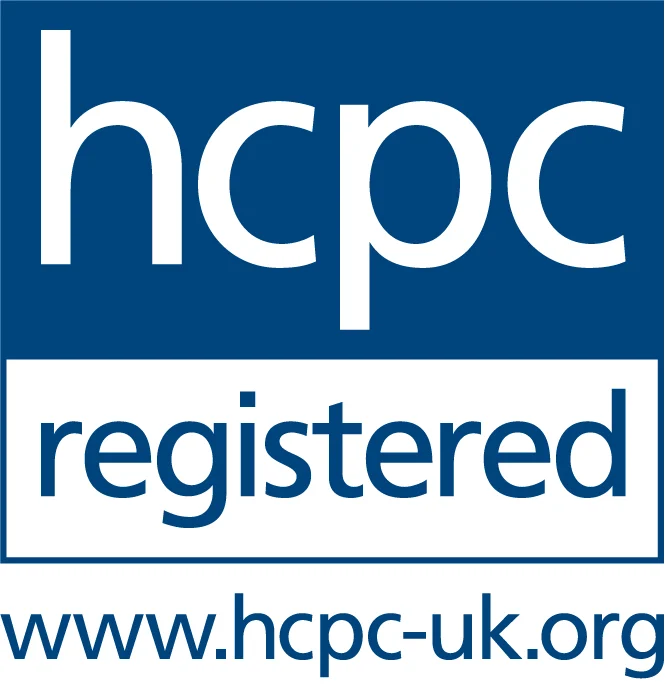What is Adult ADHD (Attention Deficit Hyperactivity Disorder)? How common is Adult ADHD? What causes Adult ADHD? What are the symptoms of Adult ADHD? How is Adult ADHD diagnosed? Related conditions and treatment.
Read PostWhat is Dental Anxiety, or Dentophobia?
Dental Anxiety, or Dentophobia, is an intense fear or anxiety related to dental visits. While many people feel some level of nervousness about visiting the dentist, people who have Dental Anxiety, or Dentophobia, can experience extreme distress about visiting the dentist, which can lead to avoidance of necessary dental care. This can result in poor oral health and complications that require more intensive treatment in the future.
Dental anxiety can present itself in the form (or multiple forms) of various specific fears, such as:
- Fear of needles, which may trigger a ‘vasovagal response’ (sudden drop in blood pressure and heart rate that can lead to dizziness or fainting)
- Fear of pain
- Fear of anaesthesia, blood, or choking
- Fear of dental instruments
- Fear of the dentist being in close proximity to you
- Fear of helplessness from lying back in the chair with your mouth open.
What are the symptoms?
Dental Anxiety / Dentophobia can cause a range of physical and psychological symptoms. Some people may experience ‘anticipatory anxiety’, which is when you feel distress when simply thinking about a dental visit.
Physical symptoms:
- Chills
- Dizziness or light-headedness
- Excessive sweating
- Heart palpitations
- Nausea
- Shortness of breath
- Trembling or shaking
- Stomach upset.
Psychological symptoms:
- Feelings of embarrassment or helplessness
- Avoidance of dental visits
- Extreme distress leading up to a dental visit
- A triggering of past traumas, if not resolved.
What are the causes?
There is no definitive cause of Dental Anxiety / Dentophobia, but there are several factors that can contribute to its development, leading to heightened anxiety in dental settings, including:
- Past negative experiences with painful or unpleasant dental treatments
- Learned fear from hearing about others' traumatic dental encounters
- Psycho-social factors, like a history of trauma or abuse.
What is the overlap between Dental Anxiety / Dentophobia and Blood-Injury-Injection Phobia?
Blood-Injury-Injection Phobia (B-I-I Phobia) is a unique and often debilitating condition characterised by an intense fear of blood, injuries, and medical procedures, involving injections. Unlike other phobias, B-I-I Phobia can trigger a specific cardiovascular response - an initial increase in heart rate, followed by a sudden drop, often leading to dizziness and fainting. This phobia affects around 3-4% of the general population, and is frequently associated with Dentophobia.
What is the treatment?
Fortunately, both Dental Anxiety / Dentophobia and B-I-I Phobia can be effectively treated through various psychological and behavioural techniques. CBT is one of the most effective treatments, using exposure therapy, certain relaxation techniques, behavioural techniques, and cognitive restructuring, that helps you to identify and change your thoughts, feelings and behaviour patterns about dental treatments, blood, injuries, or injections.
If Dental Anxiety / Dentophobia or Blood-Injury-Injection Phobia is preventing you from receiving necessary dental or health care, schedule a consultation with Equilibrium Practice - we can work with you to help you overcome your phobia.
Written by Harriet Perring (Assistant Psychologist), under the clinical supervision of Dr Lorna Stewart (Clinical Director, Consultant Clinical Psychologist).
Disclaimer: All blog content is for information only and is not mental health treatment.
Other Posts
Why isn't 'Asperger's Syndrome' a diagnosis anymore? What do we call 'Aspergers' Syndrome' now? What if I had a diagnosis of Asperger's Syndrome before 2013?
Read PostWhat is childhood ADHD? How common is childhood ADHD? What causes childhood ADHD? What are the symptoms of childhood ADHD? How is childhood ADHD diagnosed? Related conditions. How is ADHD treated?
Read PostWhat is Autism Spectrum Disorder (ASD)? What is a neurodiversity? How do I know if I need an assessment? What's involved in an assessment? How can a diagnosis help?
Read PostWhat is Cognitive Behaviour Therapy (CBT)? How does CBT work? How do I know if CBT is right for me? What happens during CBT?
Read PostWhat is Acceptance and Commitment Therapy (ACT)? How are CBT and ACT different from each other? What happens in ACT?
Read PostWhat is STAIR Therapy? What are the goals of STAIR?
Read PostWhat is anxiety? What are the symptoms of anxiety? What are the different types of anxiety disorders?
Read Post




